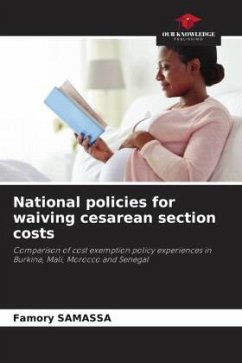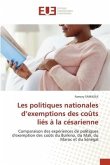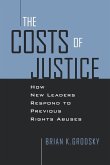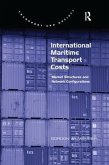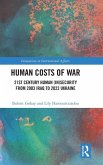To achieve Millennium Development Goal 5 (MDG5), developing countries such as Burkina Faso, Mali, Morocco, and Senegal have moved away from direct payment for cesarean sections to a policy of waiving cesarean section costs. The goal of these countries is to improve maternal health by providing equitable access to cesarean sections for all women and to reduce maternal mortality. However, these cost-reduction policies are not without risk to the countries' health systems. Their implementation requires much more commitment and responsibility on the part of governments. In other words, the sustainability of these abolition policies requires adequate political decisions and good planning to meet the challenges and avoid failures. It is within this framework that we have taken an interest in the Burkinabe, Malian, Moroccan and Senegalese contexts in order to conduct a literature review. The objective is to have a better understanding of the impact of the policy of exemption of costs related to cesarean section in these 4 countries, in order to draw recommendations for the perpetuation of these policies.

